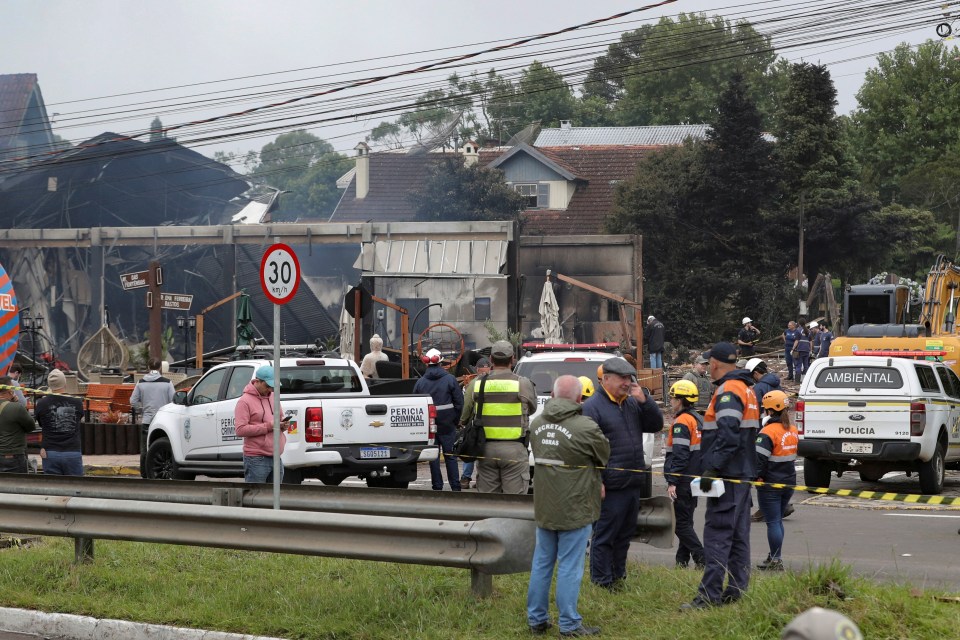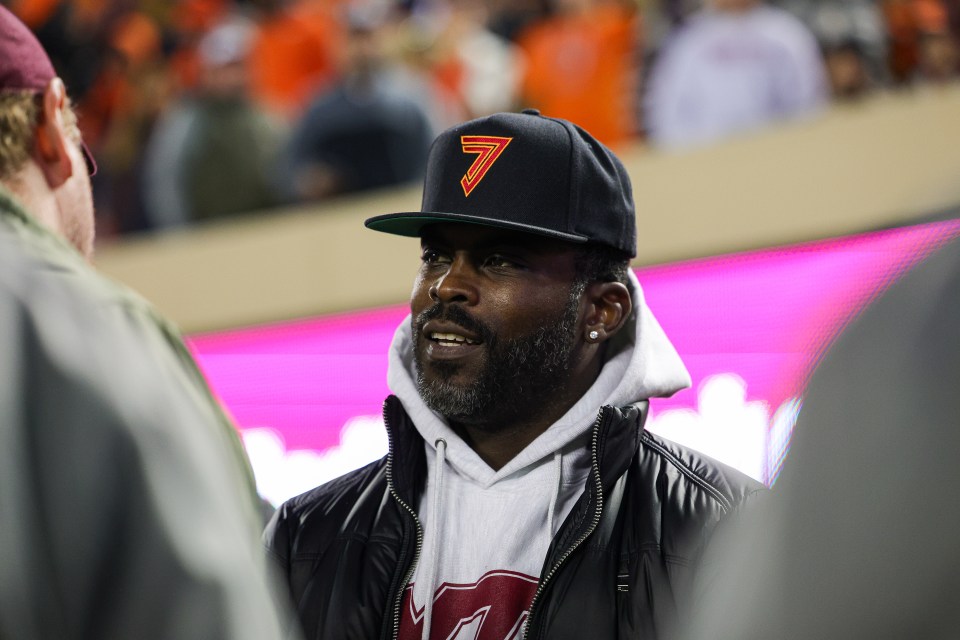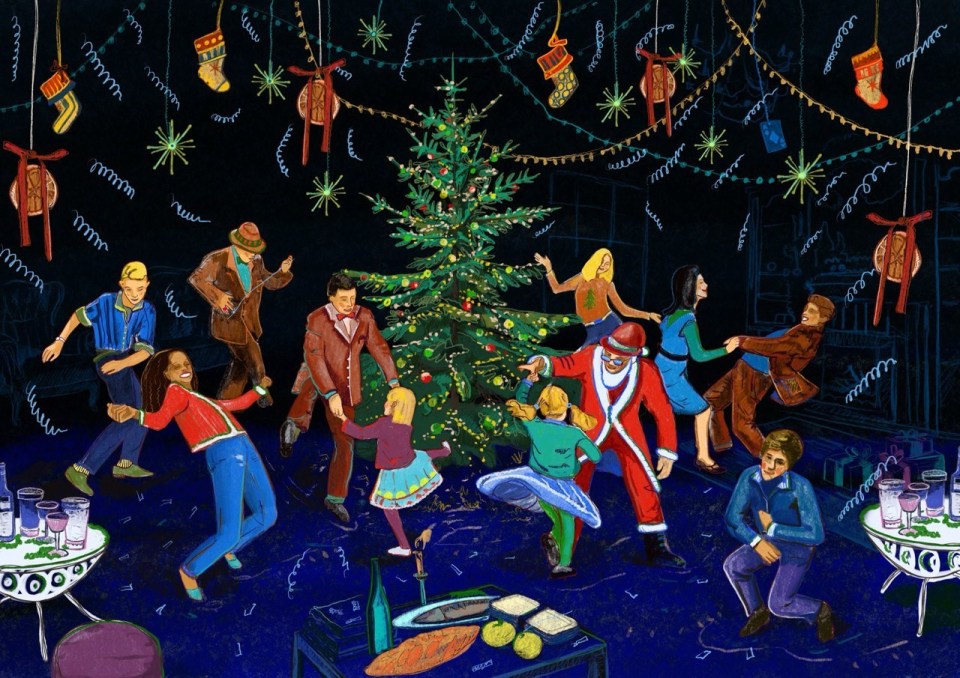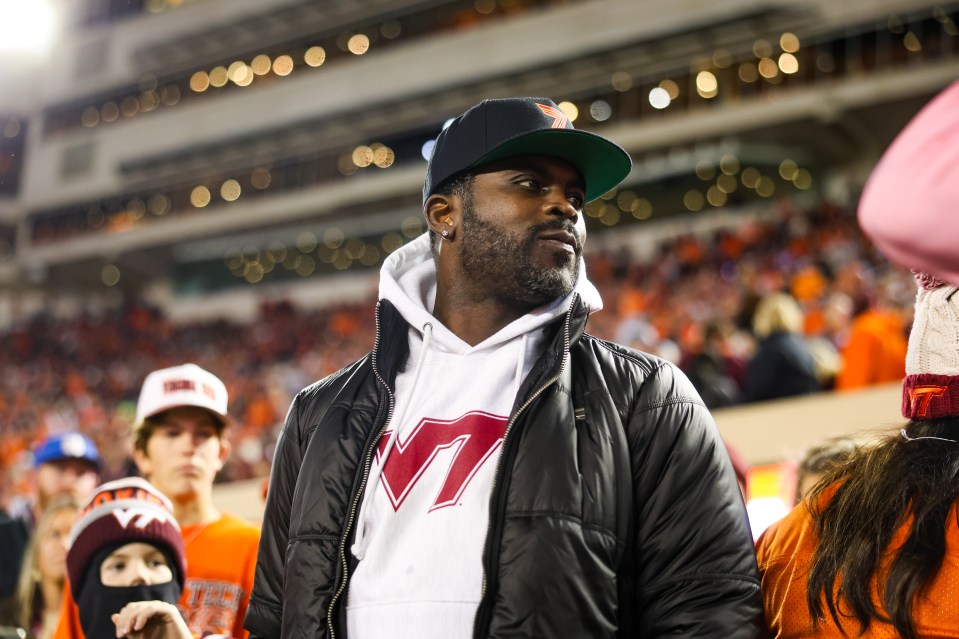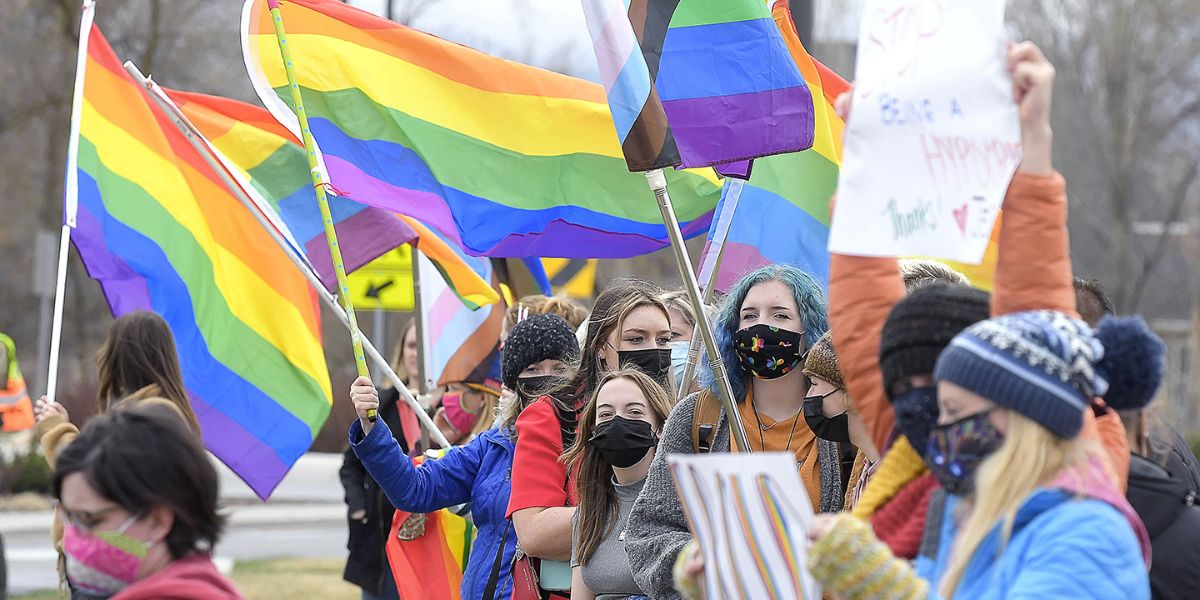Diversity in Education: MHS to Introduce LGBTQ+ Ethnic Studies Class
Assistant Principal Jonathan Mach said that MHS will begin providing a range of ethnic studies courses next school year, including ethnic studies LGBTQ+.
However, beginning in 2030, all high school students in California will be obliged to complete a one-semester ethnic studies course, according to EdSource.
According to the California Department of Education’s Ethnic Studies Model Curriculum, an ethnic studies course requires “addressing racialized experiences and ethnic differences as real and unique.”
Ethnic studies LGBTQ+ is designed to focus specifically on LGBTQ+ studies, whereas ethnic studies includes a larger range of diversity-related themes, according to English teacher Brett Webber, who will teach the ethnic studies LGBTQ+ class next year. “Ethnicity is what makes up us, our diversity as humans, and for some people, LGBTQ is what makes them up,” he remarked. “It is a reflection of their diversity and identity. That’s how I envision this class integrating into ethnic studies.”
According to the Ethnic Studies Model Curriculum, “ethnic studies courses might take various forms. However, central to any ethnic studies course is the historical struggle of communities of color, taking into account the intersectionality of identity (gender, class, sexuality, among others), to challenge racism, discrimination, and oppression and interrogate the systems that continue to perpetuate inequality.”
According to Mach, ethnic studies LGBTQ+ can be an excellent approach for students to learn about and gain a deeper knowledge of the LGBTQ+ community’s history and experiences.
“In every single culture, there is an understanding of the LGBTQ community,” Mach went on to say. “That understanding is incredibly long and rich in any race or ethnicity, but how they approach it and where it comes from can be very similar or very different. So, since we’re all dealing with it, shouldn’t there be an ethnic studies discussion?”
According to Webber, the course will cover LGBTQ+ literature, LGBTQ+ historical accomplishments, and the evolution of LGBTQ+ rights in the United States and around the world. He hopes that after taking this course, pupils would be more open-minded.
“The overall purpose is education—understanding the world, understanding the culture in which we live,” he remarked. “The more we can reach an understanding of each other, how the world operates, how we all operate with different cultures, (and) different ways of thinking, (the more) that helps us in education.”
Sophomore Edwin Rivera, a member of the LGBTQ+ community, believes that the course should inform students about the community’s rise to prominence in society.
“The addition of this class makes me feel more respected knowing that the community I’m in is getting fair treatment,” Rivera said in a statement. Because ethnic studies LGBTQ+ is an elective course, Webber feels it should be exciting and enjoyable, with little homework.
“There are three six weeks (in a semester), and the first six weeks are going to be studying the history,” says Webber. “The second six weeks will be project-based, in which we will explore an LGBTQ person or event from history, such as the progression of gay marriage or the Stonewall riots, or anything else that may be of interest. And then in the third six weeks, we’ll read a novel.” Although Rivera did not sign up for ethnic studies LGBTQ+, he believes the establishment of this program fosters inclusivity and will assist students who are not already versed on these topics.
“I feel like I’m not suited to put myself out there too much because I’m happy for who I am, and some people might bring that down,” Rivera said in an interview. “But that doesn’t stop me from being who I am.”
Webber suggested the ethnic studies LGBTQ+ course in November 2023, and it swiftly received permission from the Curriculum Policy Council to fulfill G credits for A-G criteria, Mach said.
“I had been thinking about it for four or five years,” he remarked. “I didn’t verbalize it until admin called for what they call passion projects—things that make us excited, things that would make us want to teach something.”
Hopefully, more ethnic studies classes will be introduced in the coming years, Webber said.
“I think everything is an important part of history in education,” he remarked. “There are so many topics to study. I chose to study both English and literature. Other folks may choose to study engineering or thermodynamics. “Everything deserves to be studied.”



